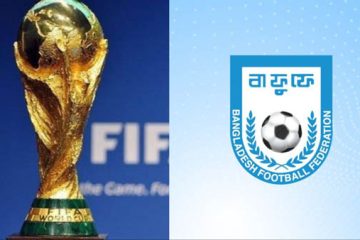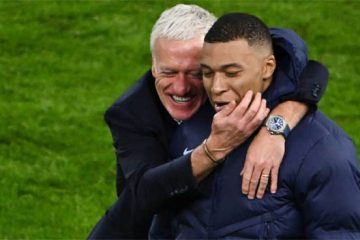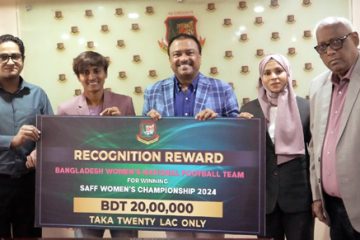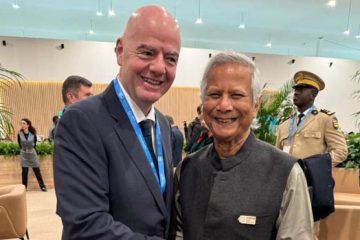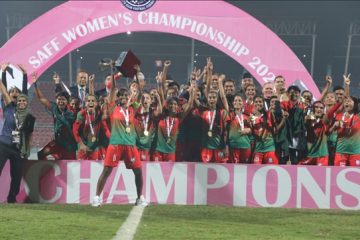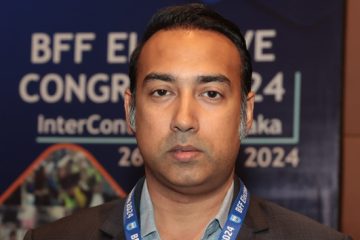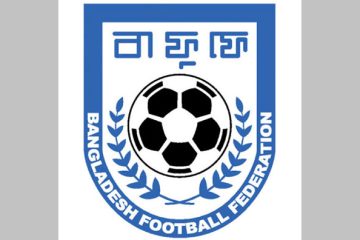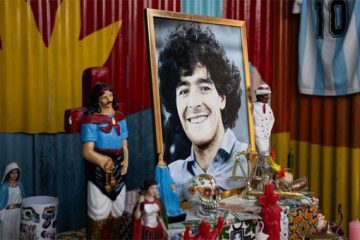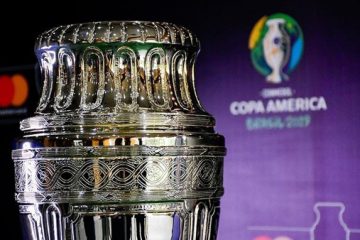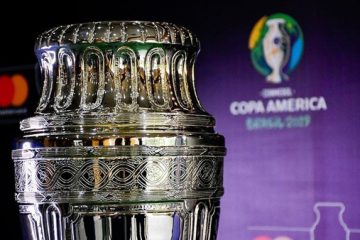With the arrival of Fabio Lopez, the number of foreign football coaches for the Bangladesh national team moved to 17. All of them have come with lots of promise but with a few exception most of them failed to deliver any significant result. As a consequence, many of them had to leave with bitter experiences. The Bangladesh Football Federation also failed to show their professionalism in handling the foreign coaches on many occasions that damaged country’s reputation internationally. It is worth looking back to history involving foreign coaches as the country is about to enter a new era under Italian Lopez.
Warner Beckenhoft (Germany): The German coach was the first ever foreign coach in Bangladesh
history who took the national team’s charge in 1978. Beckenhoft was the first man who introduced European style in the Bangladesh Football.
In his two-year long tenure, Beckelhauft mostly worked with the Under-18 team and produced a group of footballers like—Hasanuzzaman Bablu, Sheikh Mohammad Aslam, Ashish Vadra.
Under his guidance Bangladesh national team played in the final round of the Asian Cup in 1980 and displayed some remarkable performances in the 1978 Asian Youth Under-19 championship in Dhaka.
Gerhard Schmidt (Germany): Another German Gerhard Schmidt coached Bangladesh team for a short period in 1982. He was the second coach who came here to work with Bangladesh football under a bilateral contract between Bangladesh and Germany. Under his guidance Bangladesh beat Malaysia in the Asian Games football in 1982 but failed to progress to the next round after suffering a defeat against hosts India in the group phase.
Nasser Hejazi (Iran): Former Iranian international Hejaji was a popular face in Dhaka football. Hejaji, who played for Iran in the 1978 World Cup in Argentina, coached Mohammedan Sporting Club in 1988 and brought some notable success for the traditional club.
The success inspired BFF to appoint him for the national team before the 1989 Islamabad SAF Games. Bangladesh reached into the final of the Games but they were shocked by the hosts in the final match. The failure forced BFF to terminate the coach.
Oldrich Swab (Switzerland): The Swiss coach worked with the national team after former president of the International Olympic Committee Juan Antonio Samaranch provided him to work with Bangladesh football ahead of the 1993 SAF Games.
But under his guidance, hosts Bangladesh were not only ruled out from the group stage but also finished the six-nation tournament as sixth.
Swab, who was mostly renowned for providing the players honey to boost the team was condemned for his controversial decision of changing the position of regular players as well as dropping some in-form players from his team.
Man Young Kang (South Korea): The Korean coach, who mostly believed in hard work to achieve the success, tried to insert some Korean flavour into Bangladesh football after taking the charge in 1995. But under his guidance Bangladesh were eliminated from semi-final of the Colombo SAFF Championship losing to India in tie-breaker that expedited the Korean’s exit.
Otto Pfister (Germany): He was the third and last German coach of Bangladesh national team till date. After working at least 20 to 25 years in different African nations, Pfister took the charge of Bangladesh football in 1995. He brought the first international silverware for Bangladesh winning the four-nation football title in Myanmar on that year.
But he failed to give the SAF Games title after his charges suffered a defeat in the final against hosts India. Even though the high-profile coach showed huge interest to work with the Bangladesh football but BFF severed relationship with him after Bangladesh failed to win the SAFF Championship title in Kathmandu in 1997. Pfister then took the Saudi Arabia team in the 1996 World Cup final and Togo in 2006 World Cup final.
Samir Shaker (Iraq): A member of Iraq’s 1986 World Cup playing squad, he brought the first major international silverware for Bangladesh in 1999 SAF Games. After bringing the dream trophy Shakir had to leave his job because he did not have the coaching certificate from AFC or FIFA to coach a national side.
Mark Harrison (England): The high-profile Englishman, who took charge of the national team in April 2000, had to leave just after six months in charge due to what he said ‘unprofessionalism of football’ here.
George Kottan (Austria): Kottan guided Bangladesh to win the first and only SAFF Championship title in 2003. Kottan brought some changes in the attitude and the playing style of the footballers, but his exit was also not smooth due to his criticism of poor structure and ground against the BFF. He antagonises some of the official, including the then vice-president Abdur Rahim that led his departure.
Diego Andres Cruciani (Argentina): Cruciani was one of the much-talked about recruits by the BFF who joined the national team in August 2005. The Argentine started a new era by bringing the Latin style in Bangladesh football. Under his guidance Bangladesh became runners-up in a four-nation tournament in Myanmar and also reached into the 2005 SAFF Championship final but a spirited Bangladesh side failed to taste the second successive SAFF title after suffering a narrow 1-0 defeat against India. Cruciani was terminated after his charged suffered a huge 6-1 defeat against Tajikistan in the quarter-final of maiden AFC Challenge Cup tournament in 2006.
Syed Nayeemuddin (India): Following the sacking of Cruciani BFF appointed veteran Indian coach Nayeemuddin as interim coach for national team for few months. He also failed to make any notable difference.
Edson Silva Dido (Brazil): The only Brazilian coach of national team, Dido took charge of the national team in January 2009 ahead of the Dhaka SAFF Championship. He produced some new talents like Shahedul Alam, Abdul baten Majumder, Emon Babu, who subsequently represented national team. But Dido lost his job after excluding seven regular footballers – Rajani Kanta Berman, Biplob Bhattacharya, Arman Aziz, Zahed Parvez, Zahid Hossain, Mofazzel Hossain and Ariful Islam – from the final squad on the disciplinary ground. After failing to convince the coach, BFF’s national team management committee, led by Badal Roy, finally dismissed the Brazilian.
Zoran Djordjevic (Serbia): The Serbian coach led Bangladesh to winning 2010 South Asian Games gold medal despite taking over the charge only one month before. Djordjevic, then, demanded a huge amount of money which the BFF could not afford and inevitably he left.
Robert Rubcic (Croatia): Rubcic, who signed a one-year deal with BFF in September 2010 left on June 2 without informing the authorities.
It was learnt that the Croat refused to travel to Pakistan with the national team for the World Cup qualifying match due to security reasons and was also unhappy about his unpaid wages. He left with the BFF still owing four months of wages to him.
Nikola Ilievski (Macedonia): The Macedonian joined the national team in January 2011. Under his guidance Bangladesh beat Lebanon in the World Cup Qualifiers but were eliminated from the group stage of Delhi SAFF Championship after suffering two defeats against Nepal and Maldives. This debacle forced BFF to show him the door.
Lodewijk De Kruif (Netherlands): The latest departure was Dutch coach Lodewijk De Kruif’s who had a chequered time during his two-and-half year tenure. Despite being the highest paid coach in Bangladesh’s football history, Kruif was unable to deliver any significant result.
Courtesy of New Age

